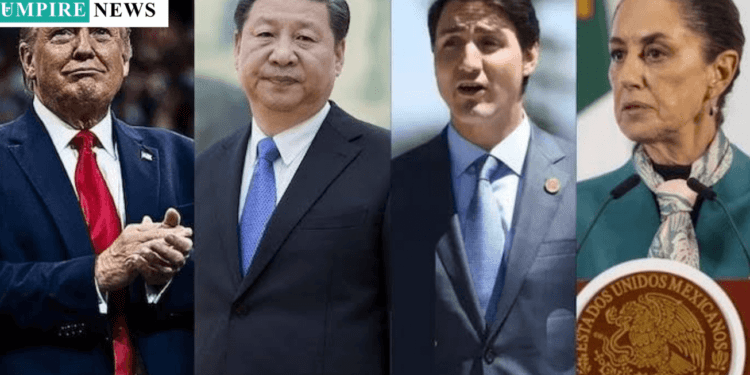China has announced plans to impose tariffs on Canadian farms and food products, including rapeseed oil, pork, and aquatic products. The tariffs, ranging from 25% to 100%, are set to take effect on March 20.
This move is in retaliation for Canada’s tariffs on Chinese electric vehicles, steel, and aluminum products, imposed last August. China’s commerce ministry claims that Canada’s policies have disrupted normal trade order and harmed Chinese enterprises’ legitimate rights and interests.
Canada’s tariffs were implemented to counter China’s state-directed policy of over-capacity, following similar measures by the US and EU. However, China views these tariffs as protectionist and discriminatory.
The tariffs will significantly impact Canada’s agricultural sector, as China is one of its largest customers. Canada is among the world’s top producers of canola, an oilseed crop used to make cooking oil, animal feed, and biodiesel fuel.
The trade tensions between China and Canada have been escalating since 2018, when Canada detained Meng Wanzhou, a top executive from Chinese tech giant Huawei. This led to Beijing arresting two Canadian nationals in retaliation.
You may also like: Nigeria-China Ties Deepen as Cultural, Economic Partnerships Flourish
The fresh tariffs come as both Canada and China face deepening trade tensions with the US. The US has launched blistering new tariffs under President Donald Trump, adding to the complexity of global trade relations.
China’s commerce ministry has urged Canada to correct its “bad practices” and lift its restrictive measures. However, it remains to be seen how Canada will respond to these tariffs.
The trade tensions between China and Canada are likely to have far-reaching consequences for both countries’ economies. As the situation continues to unfold, it’s essential to monitor the developments and their impact on global trade.
In the meantime, businesses and industries affected by the tariffs will need to adapt to the new trade landscape. This may involve exploring alternative markets, diversifying supply chains, or seeking support from government initiatives.




































